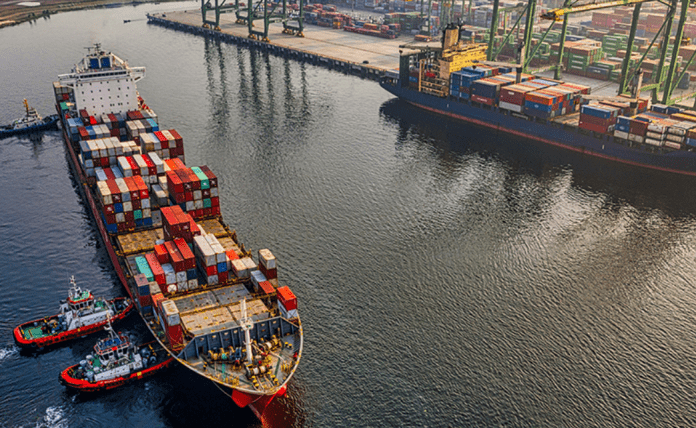Poseidon Principles Signatories have demonstrated progress in climate alignment of ship finance portfolios as 11 out of 23 are aligned with the International Maritime Organization’s (IMO) decarbonisation target, while in 2020, only 20% of reporting Signatories were aligned.
The Poseidon Principles are the world’s first sector-specific and self-governing climate alignment agreement amongst financial institutions, establishing a common framework to quantitatively assess and disclose whether financial institutions’ lending portfolios are in line with climate goals set by United Nation’s maritime agency, IMO.
The IMO’s initial GHG strategy prescribes that international shipping must reduce its total annual greenhouse gas (GHG) emissions by at least 50% of 2008 levels by 2050, whilst pursuing efforts towards phasing them out as soon as possible in this century.
The second Poseidon Principles Annual Disclosure Report 2021 reflects the Signatories’ leadership in climate finance and determination to decarbonise global shipping even in the face of short-term challenges in certain parts of the sector.
“We note the clear call at United Nation’s Climate Change Conference (COP26) and at the IMO to raise the IMO’s ambition to zero emissions and the Signatories will focus on this ambition early next year,” stated Michael Parker, chairman, Global Shipping, Logistics and Offshore, Citi, and Chair of the Poseidon Principles Association.
For this year’s reporting, the Poseidon Principles methodology was updated to reflect the IMO 4th GHG Study and the decarbonisation trajectories thus differ from the previous year.
“The overall score for the Signatories to the Poseidon Principles was strongly influenced both by the updated methodology and the consequences of the Covid-19 pandemic,” commented Paul Taylor, global head of shipping and offshore, Société Générale, and vice-chair of the Poseidon Principles Association.
“However, misalignment in some cases does not mean that there is no progress made collectively,” pointed out Taylor.







